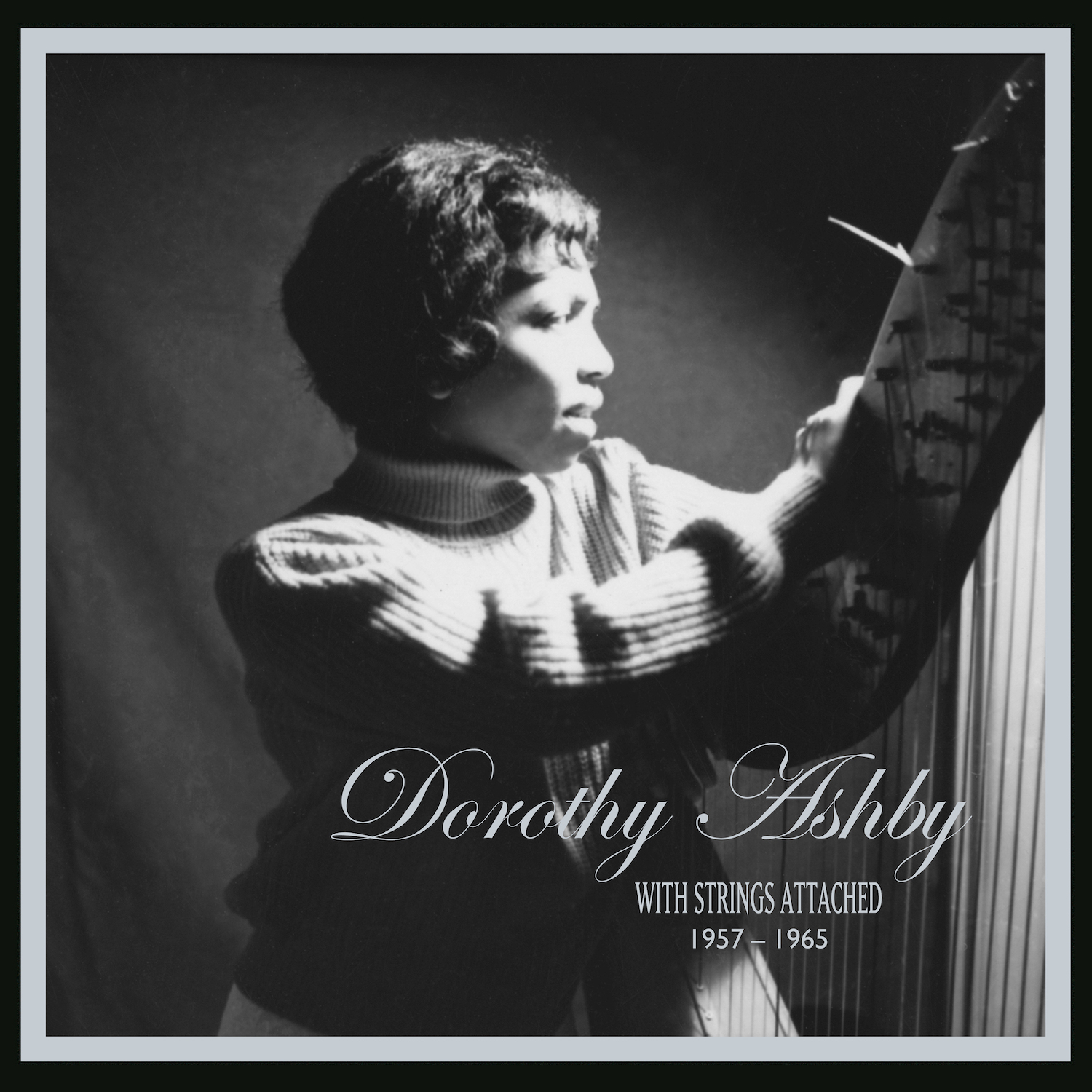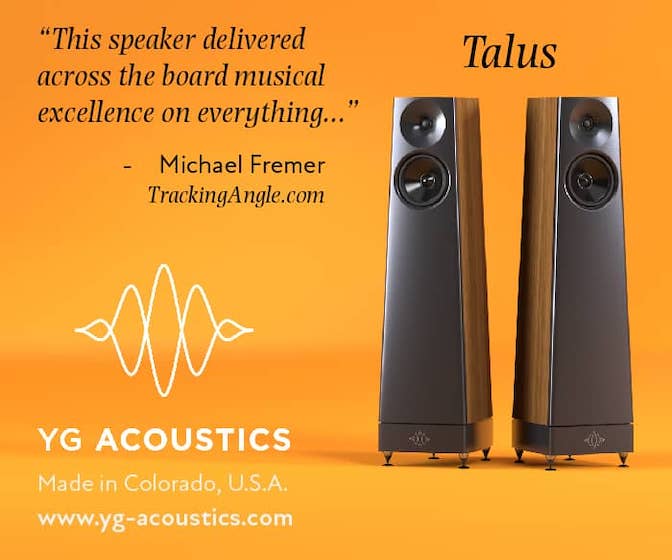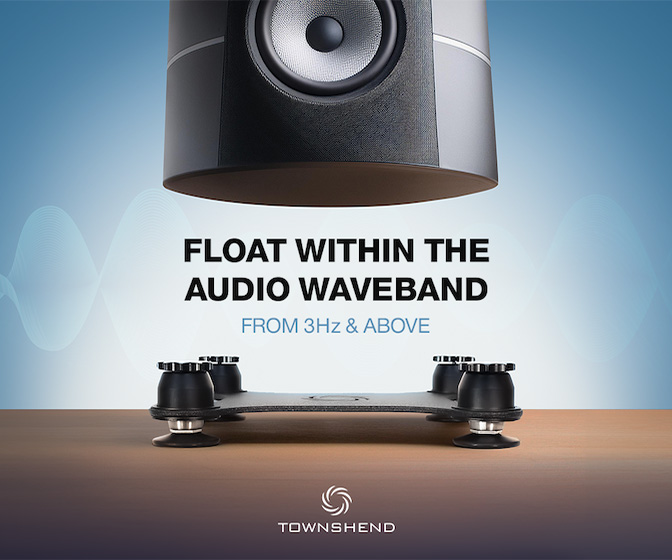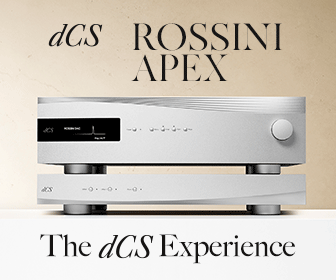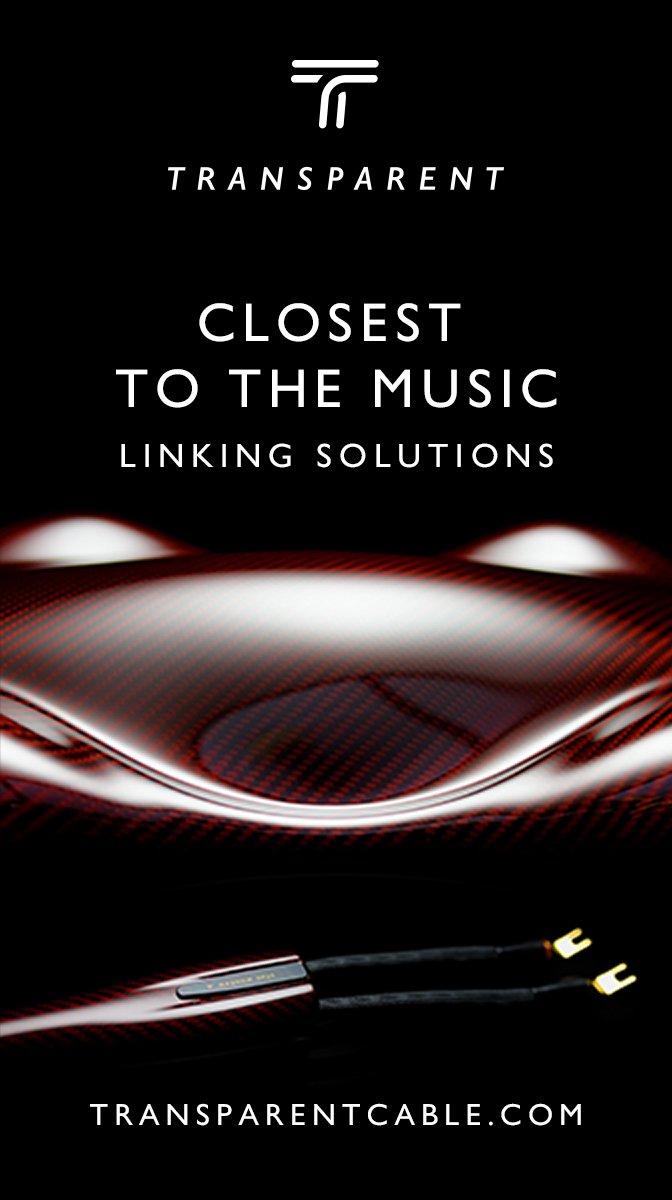Dorothy Ashby's Magic Harp
"drawing room" jazz at its most enticing
In his Downbeat review of jazz harpist Dorothy Ashby's 1965 release "The Fantastic Jazz Harp of Dorothy Ashby" (Atlantic 1447), "K.D." wrote : "Flighty" has Miss Ashby gliding in a Wes Montgomery-like style of octave approach. But it's obviously very much her own creation." K.D. compares bassist Richard Davis to Segovia. What a well-written, perceptive and interesting review, I thought to myself. Then I looked in the box containing the magazine's reviewing roster and saw that K.D. is Kenny Dorham! Among the others: Dan Morgenstern, Harvey Pekar and John S. Wilson; names most readers know but if not websearch them. Quite a roster.
This box set collects Ashby's six LPs recorded between 1956 and 1965. Rudy Van Gelder recorded three in his Hackensack living room, one was put to tape at midtown Manhattan's Plaza Sound Studios where Bill Grauer Productions recorded so many great Riverside titles with Ray Fowler at the board, one was recorded at Ter-Mar in Chicago by Ron Malo (Chess great) and the final one was tracked by Tom Dowd at Atlantic Studios.
So you know the sound here, all but one presented in mono, is great. Whether or not you'll dig the music is something else. This is "drawing room" cool jazz that Modern Jazz Quartet lovers will definitely dig (Ashby's take on John Lewis's classic "Django" on her eponymous album is sure to please). Ashby swings in an understated way like Lewis and on these albums is accompanied by many rhythm greats including Ed Thigpen, Roy Haynes, Art Taylor, Jimmy Cobb and Grady Tate. These are most definitely not arrangements filled with "you are entering heaven" glissandos!
The music is as cool and smooth as Ashby's career path was bumpy and abraded both because of her chosen instrument and because of America's stubborn racism not to mention rampant sexism at that time. The concert harp was not exactly a favorite within the Black community either, though Ashby was educated at Detroit's Cass Technical High School, which has the longest standing harp program in the United States. Other students at Cass at the time included Donald Byrd and Paul Chambers. Alice Coltrane was a later graduate.
Like Nina Simone, Ron Carter and other classically trained musicians, finding work in an orchestra back then was impossible. Quoted within the opening essay by the young jazz harpist Brandee Younger (who's issued a few Impulse! albums), Ashby said in a 1983 Washington Post interview, "When I first started playing, the audiences I was trying to reach were not interested in harp, period, classically or otherwise, and they were certainly not interested in seeing a Black woman play the harp. I think I have to pave my own way."
Ashby moved to Los Angeles where she became a much in demand session player Stevie Wonder contracted Alice Coltrane to play the harp part on Stevie Wonder's "If It's Magic" but when she wanted to play it her way and not how Wonder heard it, he replaced her with Ashby, who was happy to oblige.
That's just one of so many stories and connections found in the full sized thirty seven page book filled with useful annotation, photos and graphics from reviews, concert promotions and personal papers all part of annotator Shannon J. Effinger‘s illuminating and comprehensive essay. Just one more from the essay: One of Ashby's teachers, Bertha Hansbury, had a daughter, Ruth Mason, who aside from becoming a well-known Harlem disc jockey, married Alfred Lion and was instrumental in the label's founding. Ashby's drummer, husband John went by the name John Tooley was a member of her earliest trio and wrote the arrangements. He's also the drummer on the eponymously titled 1961 trio album and he too went on to a successful career in Hollywood.
Ashby's recording career began in 1956 when members of The Count Basie Orchestra in Detroit for a gig heard her play at a local club (the annotation says it was 1957 but that's impossible since her album debut was recorded in 1956) and saxophonist/flutist Frank Wess invited her east to record at Van Gelder's Hackensack studio. The result, The Jazz Harpist, recorded for the defunct Regent label, was produced without rehearsal in one day and features an opening side of standards and a second filled with a quartet of Ashby originals. Wess on flute is joined by Thigpen and on various tracks by both Eddie Jones and Wendell Marshall on bass.
That launch sets the musical contours of the other releases, though accompanying musicians change. The next few in this box were released on Prestige, then Jazzland, followed by Argo and finally Atlantic. That one was licensed through the Ashby estate. There was a stereo issue of that record so I'm not sure why the mono was all that was available but I have a theory (or two). The Fanstastic Jazz Harp of Dorothy Ashby stereo catalog number was SD 1447. Herbie Mann & The Bill Evans Trio's Nirvana (Atlantic SD 1426) has only been reissued in mono though there's a stereo version. I have multiple copies of it. The stereo recording is plagued by serious overmodulation distortion not found on the mono. So maybe Dowd messed up more than once, or maybe a range of Atlantic stereo tapes were somehow damaged. No matter. The mono sounds like the album title: "fantastic".
Frank Wess plays flute on three of the six albums and Herman Wright is on bass on four of the six. One of the more interesting combos is on Soft Winds: The Swinging Harp of Dorothy Ashby, which features female vibraphonist Terry Pollard. This is the one recorded at Plaza Sound and originally issued on Jazzland. It's also the sole stereo record in the set. The harp/vibes combo produces heavenly sound.
Ashby's playing swings throughout, is never over-adorned, and especially never veers into musical kitsch, something the instrument can lend itself to in the wrong hands. Whether playing covers or originals, Ashby's playing is understated, economical and precise, yet she never loses site of that need to smoothly swing.
Four of the six records are mastered directly from the analog tapes by Kevin Gray. Tapes were lost for The Jazz Harpist on Regency and the eponymous release originally on Argo and probably one that was destroyed in the Universal fire. However, the sound is fine on the two sourced from whatever digital assets were available, though somewhat less vivid, less airy and less immediate. Original pressings are rare, though when available not outrageously priced. The high for the Argo title on Discogs was $104 though none are for sale as this is being written.
The six 18gram Pallas pressed records were flawless and packaged in reverse board printed jackets, which results in well-saturated colors and a pleasing mat finish. Limited to 1000 copies worldwide, this beautifully presents box is sure to become a valuable collector's item but please don't buy to as an investment instrument. Playing it will produce great pleasure.
There is so much more to the Dorothy Ashby story: her role as an educator, published music critic, disc jockey, musical advocate, her appearances on both The Today and The Tonight Shows, her political activism and on and on, much of it well-covered in the accompanying full-sized perfect-bound booklet.
Dorothy Ashby passed away April 13th, 1986 age 55, a cancer victim. She didn't live long enough to hear her heavier grooved music sampled by rap artists, among them: J Dilla, Jay-Z and Kanye West. But her life-long husband John, who died in 2012 surely did. The six records in this box represent a small part of Dorothy Ashby's recorded legacy that's sure to attract a new audience eager for some much relief from today's discord. Based on what's in the annotation Ashby didn't shy away from controversy and conflict but she had a way of smoothing things over in life and in her music as you'll hear in the grooves of these records. Today's the perfect day to publish this.
The box is available at a few websites including the new land site



